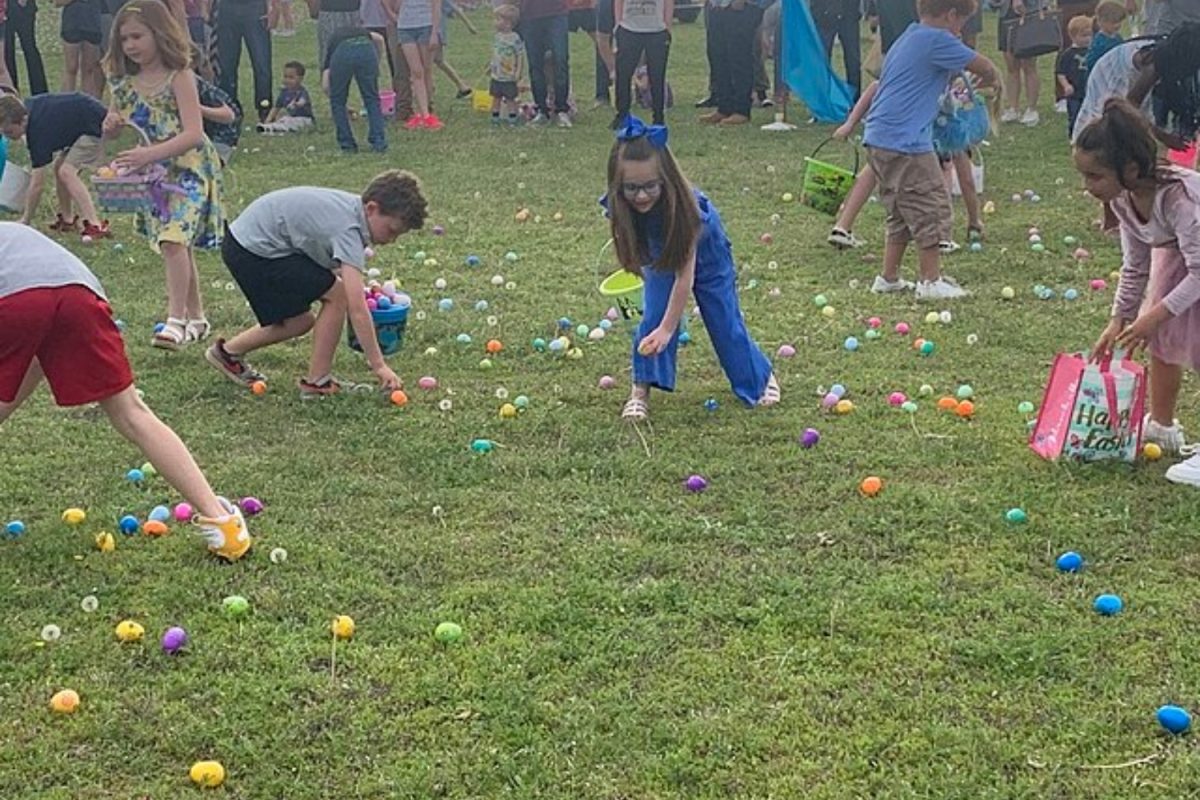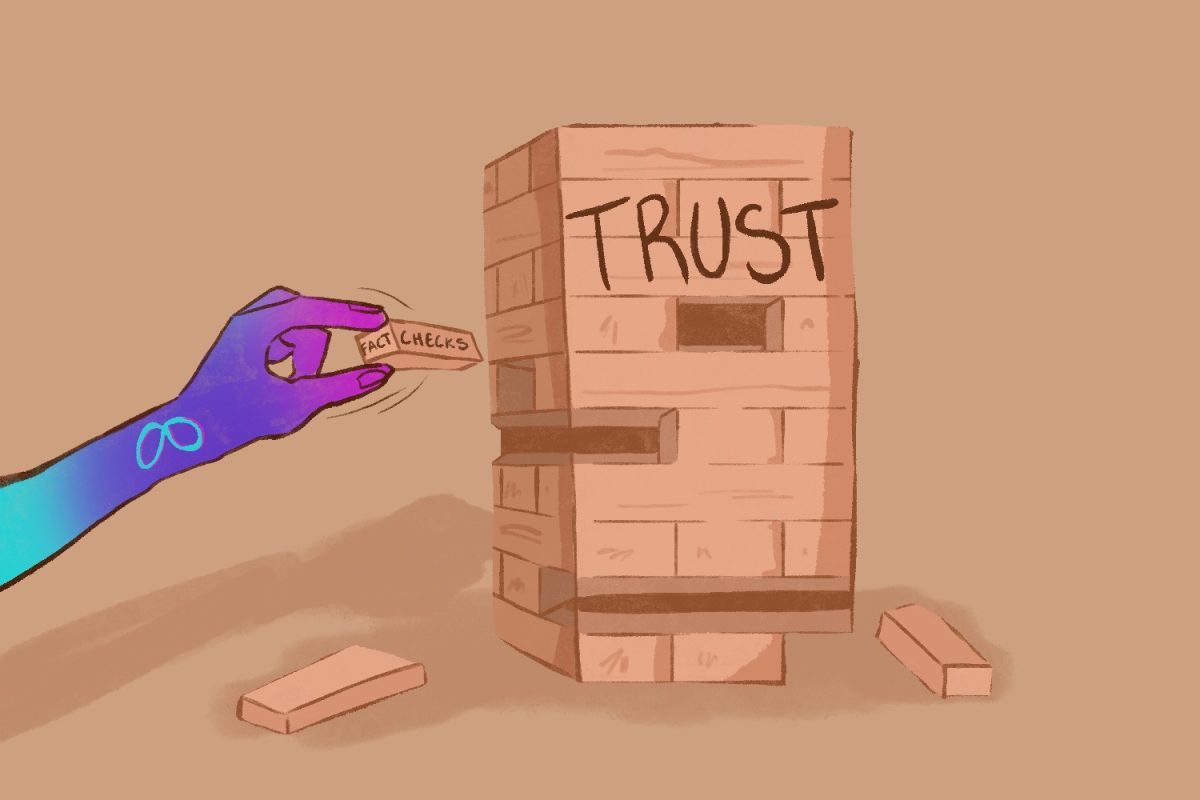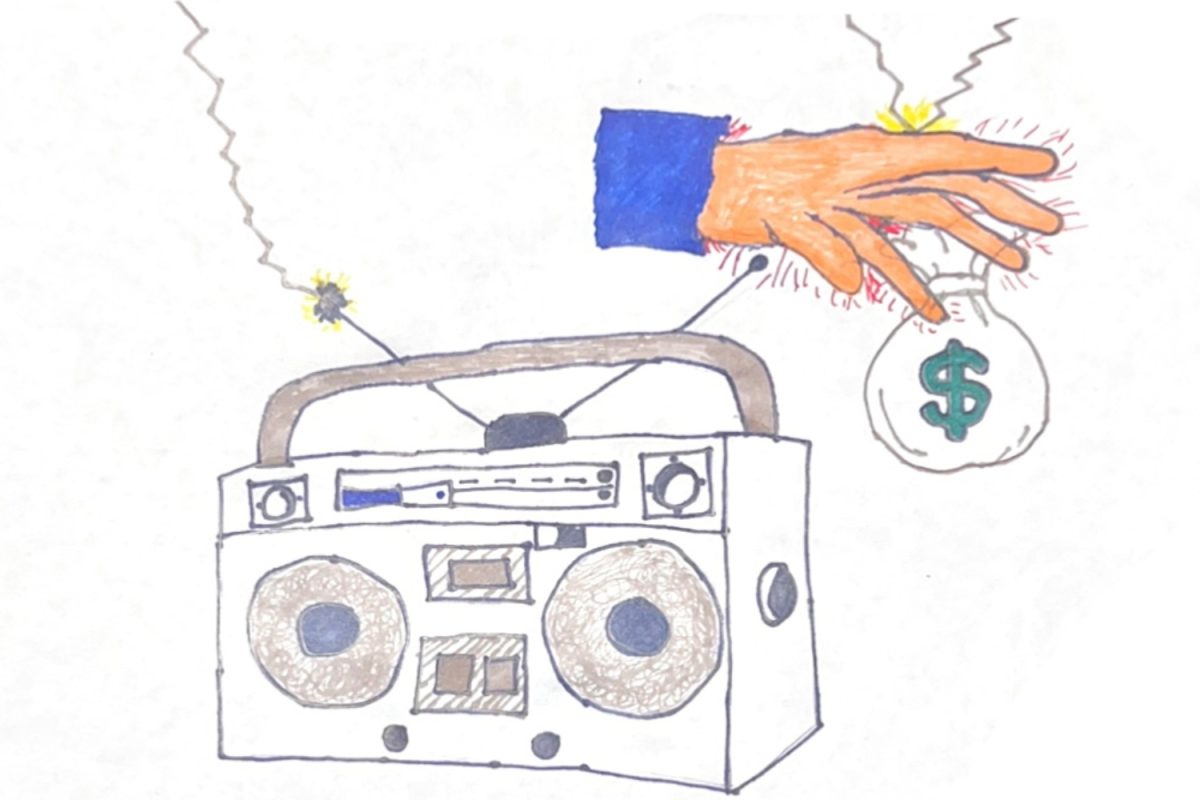As every major holiday approaches, it’s impossible to miss the symbols that adorn our homes, supermarkets, and streets: pumpkins for Halloween, eggs for Easter, and turkeys for Thanksgiving. While the sights of these traditions foreshadow the celebration that is to come, the historical significance behind these holidays has increasingly fallen by the wayside over time.
At their core, holidays are a celebration of significant religious or historical events. In America, Independence Day and Christmas are likely the holidays with the most well-known origins. Independence Day remembers America’s independence from the United Kingdom on July 4, 1776, and Christmas commemorates the birth of Jesus Christ on Dec. 25. However, the roots of many other holidays, such as Easter and Halloween, are not nearly as prominent among most people today.
The recent passing of Easter last Sunday, March 31, exemplifies the extent to which the historical meaning behind holidays has eroded. Easter, which marks the resurrection of Jesus, is now more synonymous with consumer symbols, particularly eggs and bunnies. While eggs and bunnies were originally associated with Easter because they represented fertility, new life, and rebirth, symbolic of Jesus’ resurrection, new generations of kids are more entranced by the prospects of hunting and finding the most Easter eggs and meeting the Easter bunny.
Similarly, Halloween spawned from the old Celtic festival of Samhain, celebrated by lighting bonfires and wearing costumes to ward off ghosts. Nowadays, pumpkins, ghosts, costumes, and candy are all synonymous with the word “Halloween,” not the ancient traditions that accompanied it.
Modern generations are shifting to more “fun” renditions of celebrating holidays, such as Easter egg hunts and trick-or-treating. But, if we continue to celebrate these holidays through a modern lens, the rich traditions passed down from our ancestors may be lost decades or centuries from now. Future history books may remember the celebration of Easter as hunting hidden eggs, and Halloween as a day of trick-or-treating for candy, rather than the resurrection of Jesus and the celebration of a Celtic festival.
In addition, in the weeks leading up to these holidays, consumers are falling for businesses who force-feed Halloween candy, Christmas decorations, and American flags down our throats: in 2023, people spent $3.6 billion on Halloween candy, and the Christmas lights and decorations market was worth around $7.8 billion.
While businesses profit off the commercialization and rampant consumerism of our society, ordinary citizens suffer, as new generations have already begun to associate holidays with materialist symbols rather than the historical values that they originated from. This perpetuates a cycle where holidays will gradually become devoid of cultural and historical meaning, weakening our connection to past generations.
Therefore, it’s important to remember and reconnect with the traditions from which our holidays came, rather than continuing to adhere to consumerist spending habits. Reclaiming holidays for ourselves can be done in many ways, such as practicing longstanding family traditions, volunteering within the community, or simply appreciating the contributions of family and friends. If we all implement past traditions of notable holidays into our modern celebrations, we can serve as the connective tissue to pass down centuries of cultural traditions to our descendants.
*This editorial reflects the views of the Scot Scoop Editorial Board and was written by Myles Hu.
The Editorial Board voted 13 in agreement and 2 refrained from voting.












